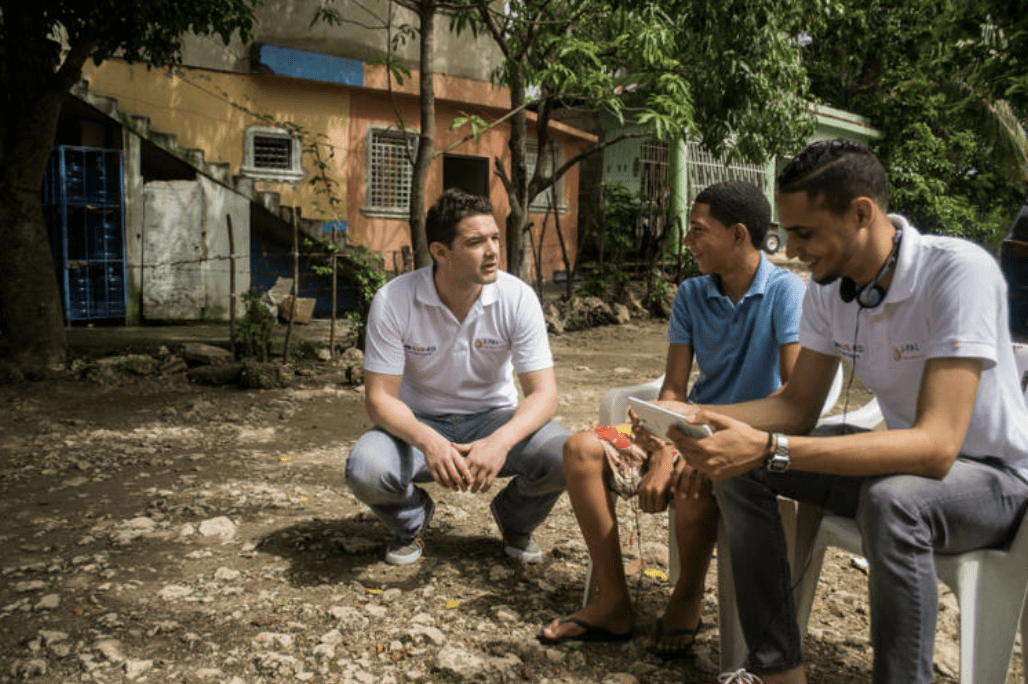
Leveraging the Rise of Centralized Choice and Assignment Mechanisms to Improve Education Markets in Developing Countries
Christopher Neilson, Economics, School of Public and International Affairs
October 12, 2021 · 5:00 pm—6:30 pm · Zoom
Program in Latin American Studies

This paper documents policy implementations that use centralized choice and assignment systems in education markets worldwide with a special focus on countries in Latin America. Christopher Nielson reviews primary, secondary and tertiary education markets in 96 countries and outlines a basic decomposition of the broader policy context surrounding the implementation of the new centralized choice and assignment systems. Neilson documents that all over the world, centralization has been implemented with some similarities but with a striking range of idiosyncrasies leaving space to implement improvements and to learn from different experiences. Government platforms that coordinate and organize education systems also provide the regulator the opportunity to implement new innovations that can help apply existing policies. He will present evidence that these platforms can also be instrumentalized to serve as a medium to provide valuable personalized information to support individuals’ choices and potentially lead to more equitable opportunities in education systems in developing countries with otherwise weaker institutions.
ABOUT OUR GUEST SPEAKER:
Christopher Neilson is an applied microeconomist whose research focuses on the study of education markets and policies that promote equitable opportunities for human capital accumulation. Neilson uses a combination of methods to study how government policy affects students, families and education providers drawing on methods from industrial organization, labor economics and development economics.
In his recent research, he has focused on issues of market design, specifically focusing on centralized systems for educational choice in Latin America and the Caribbean. Neilson works closely with governments to help them leverage their data, existing evidence and technology, to design, evaluate and implement new education policies. He has worked with the governments of Chile, Peru, Ecuador, Colombia, Brazil, and the Dominican Republic. To support his work with governments and help them implement new technology developed in his research, he founded an NGO called ConsiliumBots in 2018.
This virtual event is free and open to the public.















